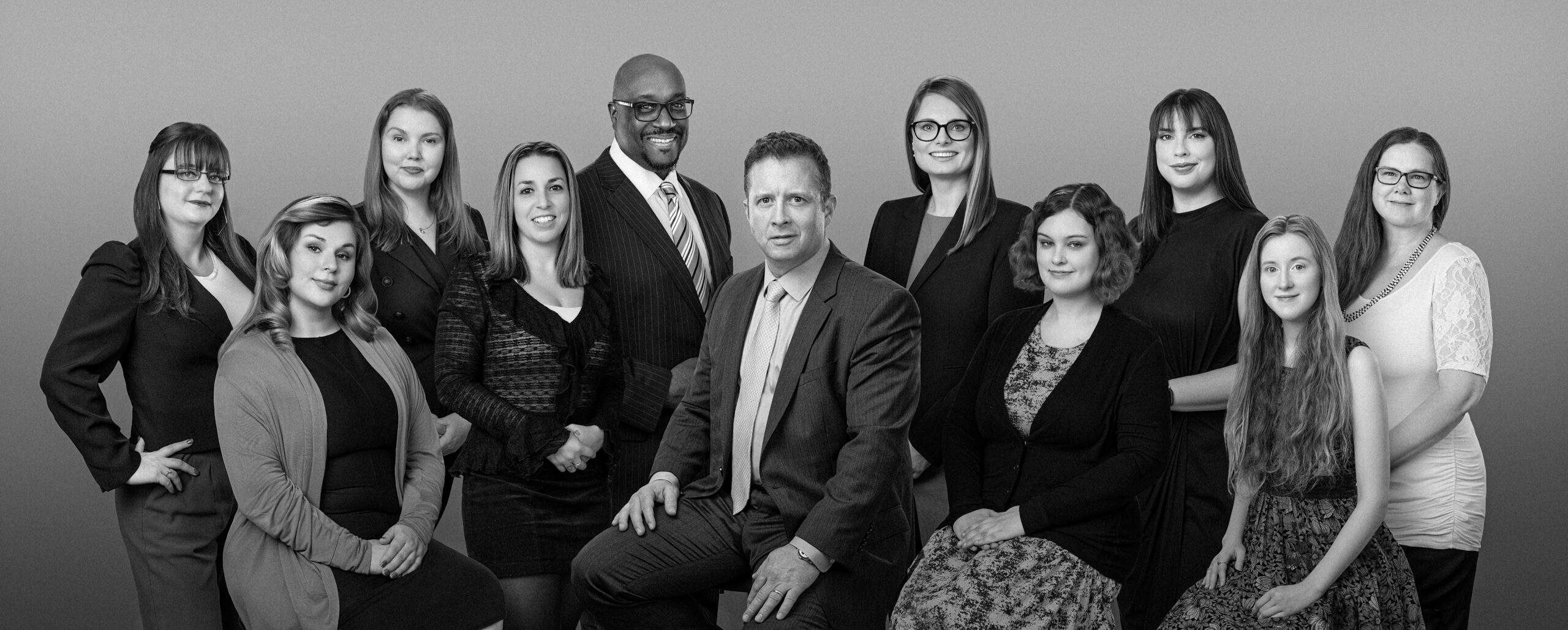Slip And Fall Accident Rights
Slip and fall accidents can happen in a variety of places, including stores, restaurants, workplaces, and private property. These incidents often lead to serious injuries that require medical treatment and time away from work. In Washington, victims have legal rights that allow them to seek compensation when a property owner or manager fails to keep their premises safe. Knowing these rights helps us understand what steps we can take after being injured.
Duty Of Property Owners
Property owners and those responsible for maintaining a space have a duty to keep it reasonably safe for visitors. This means addressing hazards such as wet floors, broken stairs, poor lighting, or uneven surfaces. When hazards are not fixed or properly marked, the property owner may be held responsible if someone is injured.
Right To Pursue Compensation
Victims of slip and fall accidents have the right to seek compensation for the harm they suffered. This may include medical expenses, lost income, and damages for pain and suffering. In cases where injuries cause long-term disability or affect the ability to work, victims may also pursue future financial losses. The law is designed to make sure injured individuals are not left to carry the burden of costs caused by unsafe conditions.
Proving Liability
To succeed in a slip and fall claim, it must be shown that the property owner knew or should have known about the dangerous condition and failed to take reasonable steps to fix it. Evidence such as photographs of the hazard, witness statements, and incident reports can make a significant difference in proving liability. Prompt documentation is an important step in protecting our rights.
Comparative Negligence
Washington follows a comparative negligence system, which means that fault can be shared between the victim and the property owner. For example, if a court finds that the victim was partially responsible for not paying attention, the compensation may be reduced by their percentage of fault. However, even if a victim is partly responsible, they still have the right to recover damages for the portion attributed to the property owner’s negligence.
Time Limits To File A Claim
Victims must also be aware of the statute of limitations. In Washington, personal injury claims, including slip and fall cases, generally must be filed within three years of the accident. Failing to file within this time frame may prevent recovery. Acting quickly allows us to preserve evidence and meet the necessary deadlines.
Protecting Our Rights
Slip and fall accidents can bring lasting consequences, from medical costs to long-term physical challenges. Victims have clear legal rights, but taking action early and building a strong case is essential. Working with a Washington slip and fall lawyer can help us evaluate the details of a case and pursue fair compensation. At Herschensohn Law Firm, PLLC, we are committed to protecting the rights of those injured by unsafe conditions.
If you or someone you love has been injured in a slip and fall accident, contact us today. We can review your situation and discuss the options available to pursue the compensation you need.

